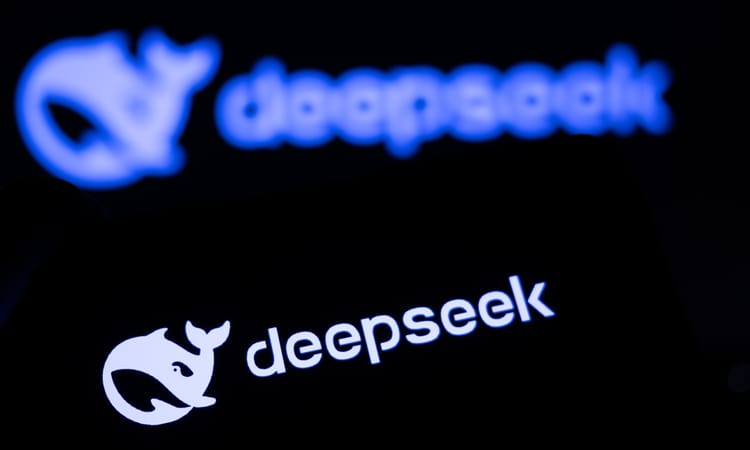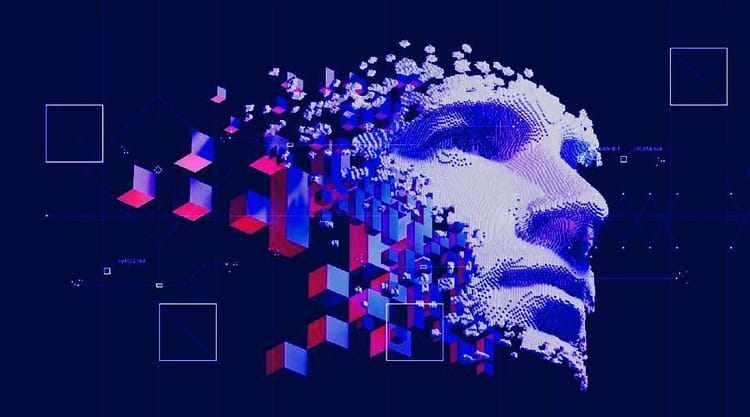Claudebot, ChatGPT's Rival Gets an Update

Anthropic says its Claude 3 AI models are more capable and can answer 'harmless questions. ' They're now multimodal and can understand photo and text inputs. So, can it beat ChatGPT?
Anthropic, an AI safety and research firm based in San Francisco, has announced the latest update for its Claude chatbot. A company statement shared that its three new AI models—the Claude 3 Opus, Sonnet, and Haiku—are high-performing tools. It adds that each successive model features increasingly powerful performance, allowing users to use these tools optimally, with improved intelligence and speed, at lower costs.
Sonnet and Opus are now available in claude.ai, and the Claude API is now available in more than 150 countries. Haiku will follow soon. The models can work on auto-completion, chatbots, and data extraction tasks.
Claude 3 to answer more questions, promises improved performance
Anthropic presents Claude 3 as its best tool so far, as it can answer more questions, understand longer instructions and questions, and provide more accurate answers. It can also understand more context, allowing it to process more information.
The previous versions of Claude refused to answer some harmless prompts, which the company justifies for the tool's 'lack of contextual understanding.' These new models are likely to answer more prompts, provided these are still within the parameters of its safety policies.
Among the company's models, Anthropic acknowledges that Claude 3 Opus is its most intelligent AI tool. This model comes with the best-in-market performance which can work on complex tasks. It's built with human-like understanding, allowing it to respond to open-ended problems and address sight-unseen scenarios. In a blog post, Anthropic shared that Opus "shows us the outer limits of what’s possible with generative AI".
Opus, it says, can perform a variety of complex tasks and best for specific tasks. For example, businesses can use it for task automation, for Research and Development, and for initiating strategy. If used for task automation, Opus is effective for planning and executing complex transactions across datables and APIs. Companies and organizations can also rely on Claude 3 for reviewing and hypothesis generation in research and studies, and can be deployed for strategic purposes, particularly in advanced analysis of market trends, financials, graphs, and even market forecasting.
A look at the top features of Claude 3
According to Anthropic, the Claude 3 model family brings several improvements across several parameters. These updated models boast a new standard of intelligence, near-instant results, strong vision capabilities, fewer refusals, improved accuracy, and easier use with a more responsible design.
A new standard of intelligence
Opus is the company's most intelligent model, and in its internal testing, it outperforms its peers on common evaluation benchmarks for AI systems. For example, Opus does well for undergraduate-level expert knowledge (MMLU), graduate-level expert reasoning (GPQA), and basic math (GSM8K). As part of its design, the Opus also boasts near-human comprehension and fluency levels when working on complex tasks.
Also, all new Claude 3 models perform better in analysis forecasting and content creation across several languages, including Japanese, French, and Spanish.
Near-instant results
All new Claude 3 models can provide almost instant responses and answers, working for live chats, auto-completions, and data-extraction projects. Among the three tools, Haiku is the fastest and most cost-effective. Users can use Haiku to read data-rich research papers with graphs and charts within 3 seconds, and the company expects it to improve further.
Answers more questions and prompts
As mentioned, the previous Claude models were known to refuse some prompts and questions due to a lack of contextual understanding. Anthropic understands this concern, so it now offers improvements with Opus, the Sonnet, and Haiku. In the latest update, these three models are less likely to refuse to answer the prompts that border on the system's guardrails. Claude 3 now boasts a nuanced understanding of these prompts, providing users with relevant answers.
Better accuracy
Anthropic recognizes the importance of its AI tools for its business. As such, all updated models feature improved accuracy at scale. Aside from providing users with trustworthy responses, these tools will soon enable citations to refer to precise sentences in the source easily materials to verify answers.
Easy-to-use

Another notable feature of the latest Claude models is that they are better at following complex or multi-step instructions. These tools are also adept at following the brand voice and response guidelines. Of course, these models remain helpful for most users requiring their help for everyday use.
Responsible design
Anthropic also announced that it is now developing and improving its AI tools to become trustworthy, capable, and more responsible. In response to the need for more responsible AI tools, the company formed teams to track and mitigate potential risks, including potential misinformation, the use of AI tools for election interference, and autonomous replication tools. Anthropic has also shared that it continues to develop methods and approaches that boost the safety and transparency of its AI tools.
The company reiterates its commitment to pushing the boundaries of AI capabilities while ensuring safety guardrails remain in place. It adds that being one of the leaders of AI development comes with responsibility, and it can become a platform to produce positive societal outcomes. As part of the company's commitment to the AI industry, it promises to release frequent updates to its Claude 3 models over the next few months.
About Claude and Anthropic
Claude is a series of large language models from Anthropic designed to handle huge data sets from different sources, including the Internet and licensed data sets. Claude 3 is the latest in its series, released on March 4th, 2024. It is marketed as its most powerful AI tool, which can perform various cognitive tasks.
Anthropic PBC is a leading artificial intelligence company founded by the former employees of OpenAI. Since its establishment in 2021, the company has slowly built its portfolio of AI tools and attracted investors along the process.
As of July 2023, the company has raised $1.5 billion in funding. Also, Amazon announced a $4 billion investment in the company, followed by another $2 billion commitment from Google. The latest deal with Menlo Ventures closed this February 2024, with the investment firm infusing an additional $750 million in funding.




